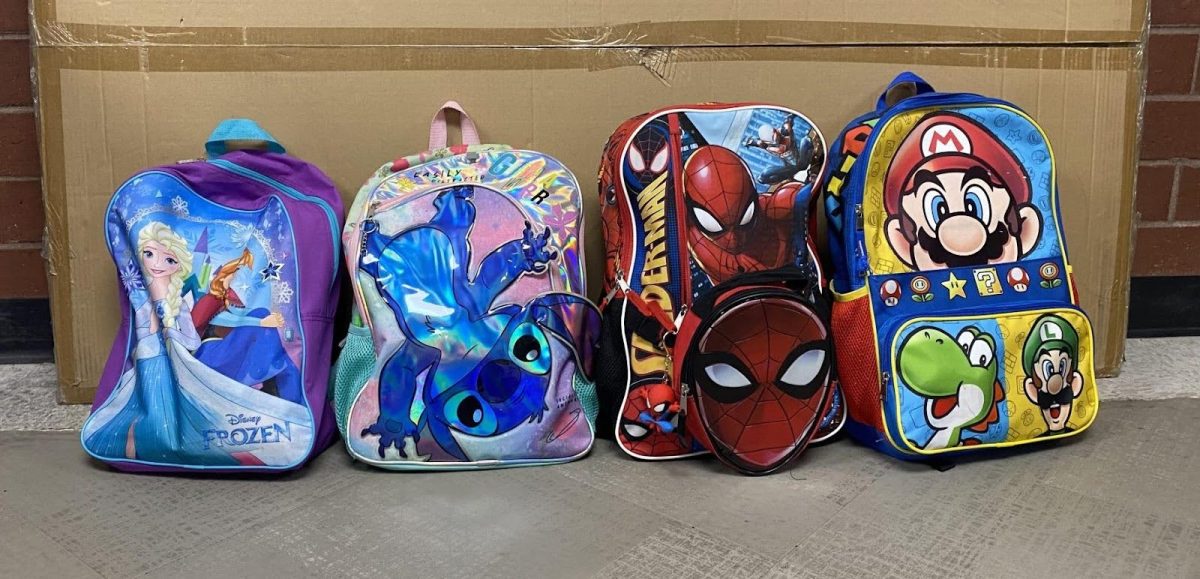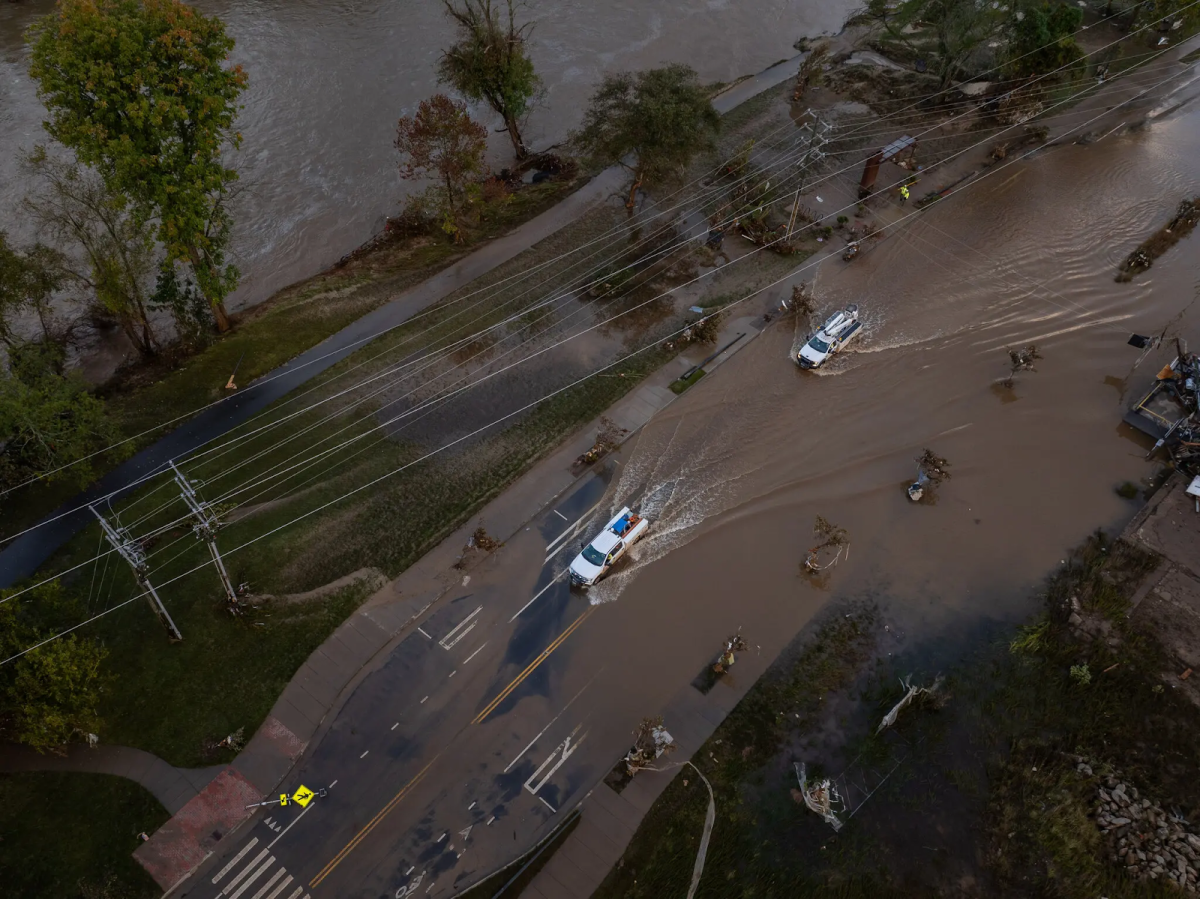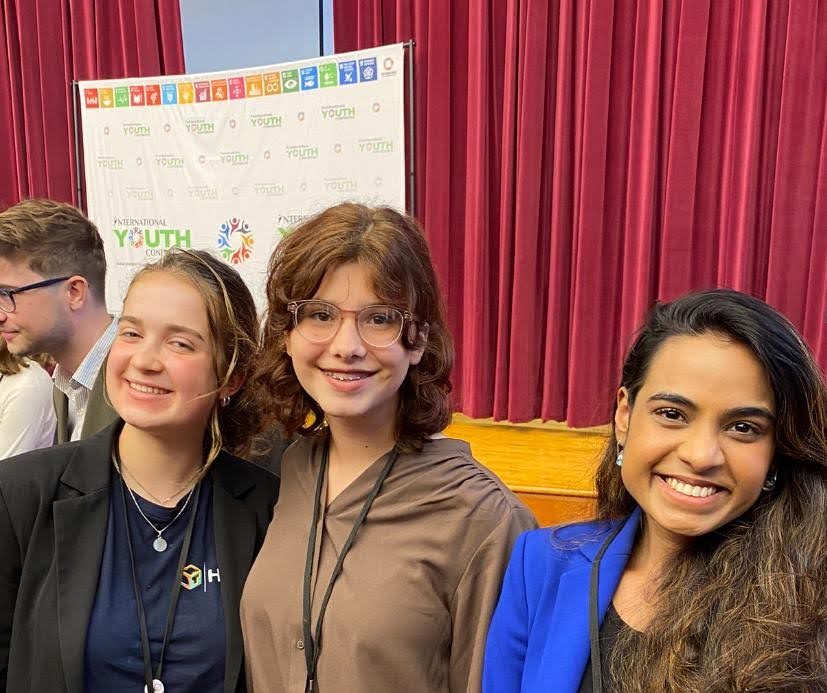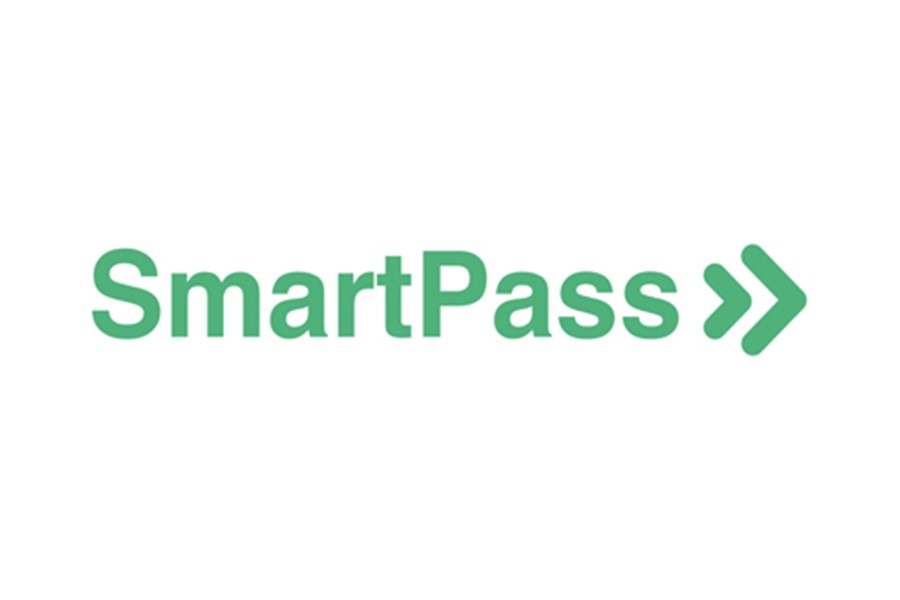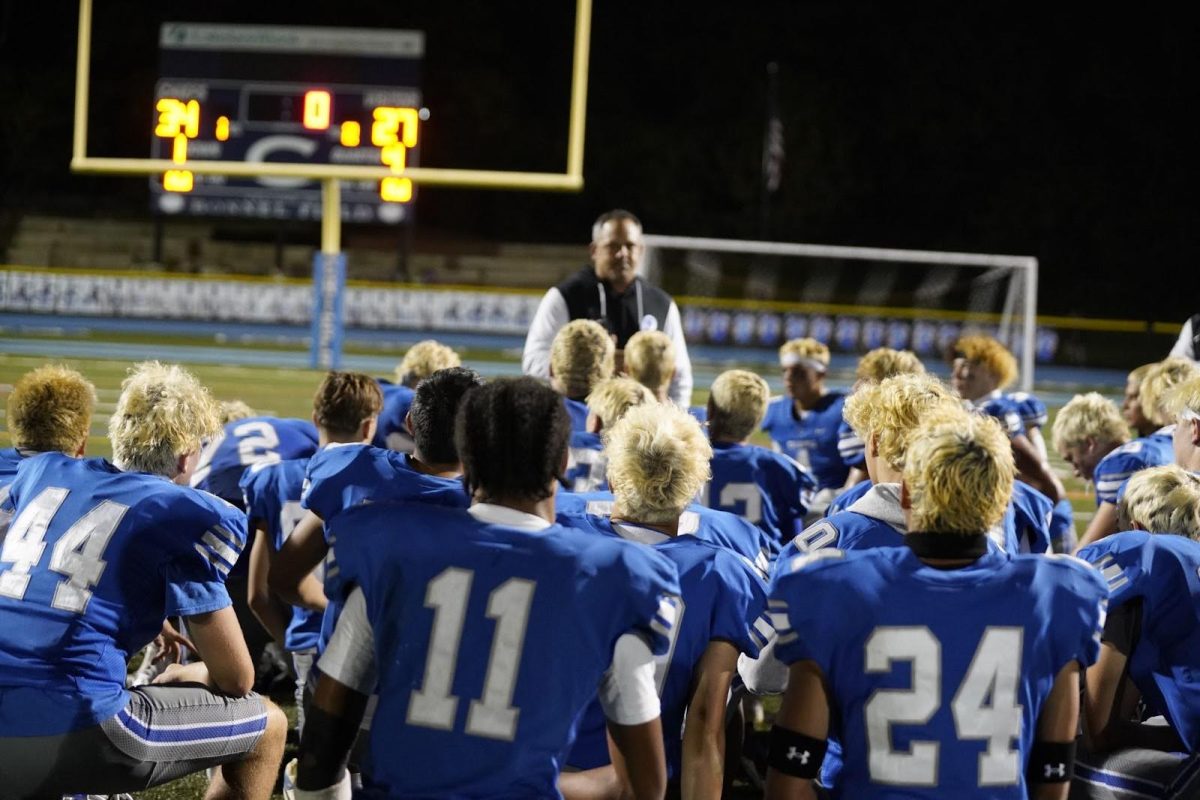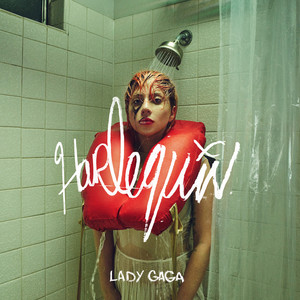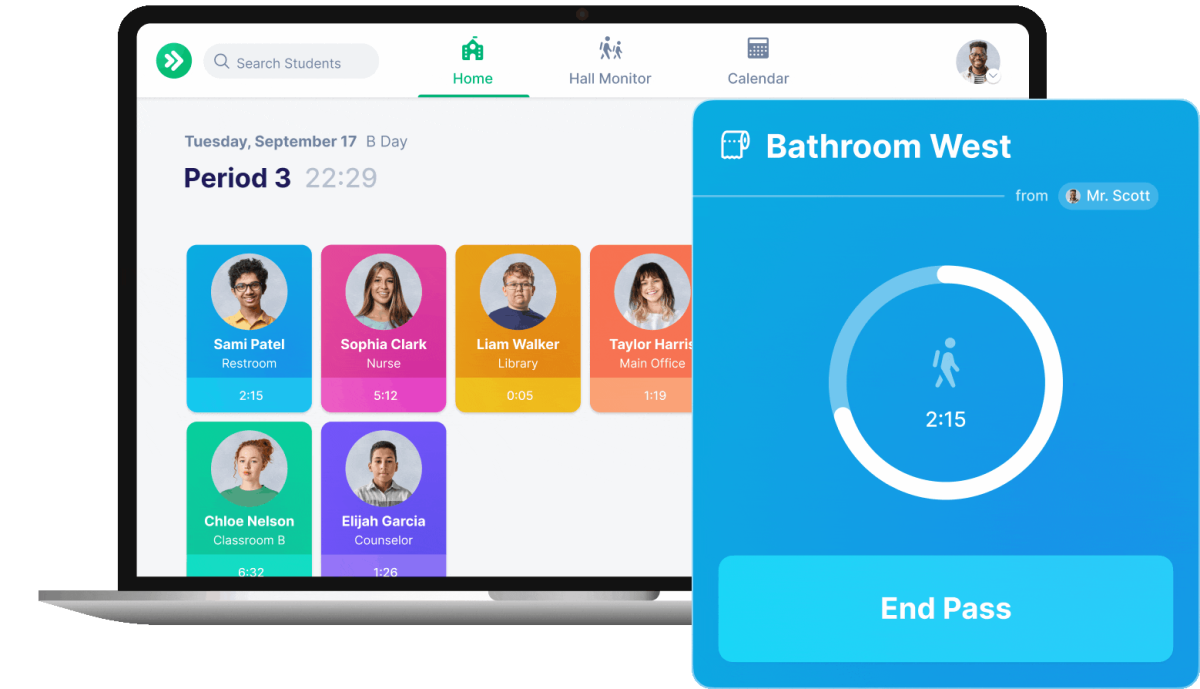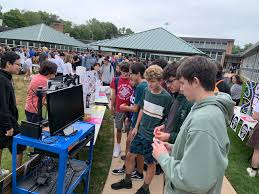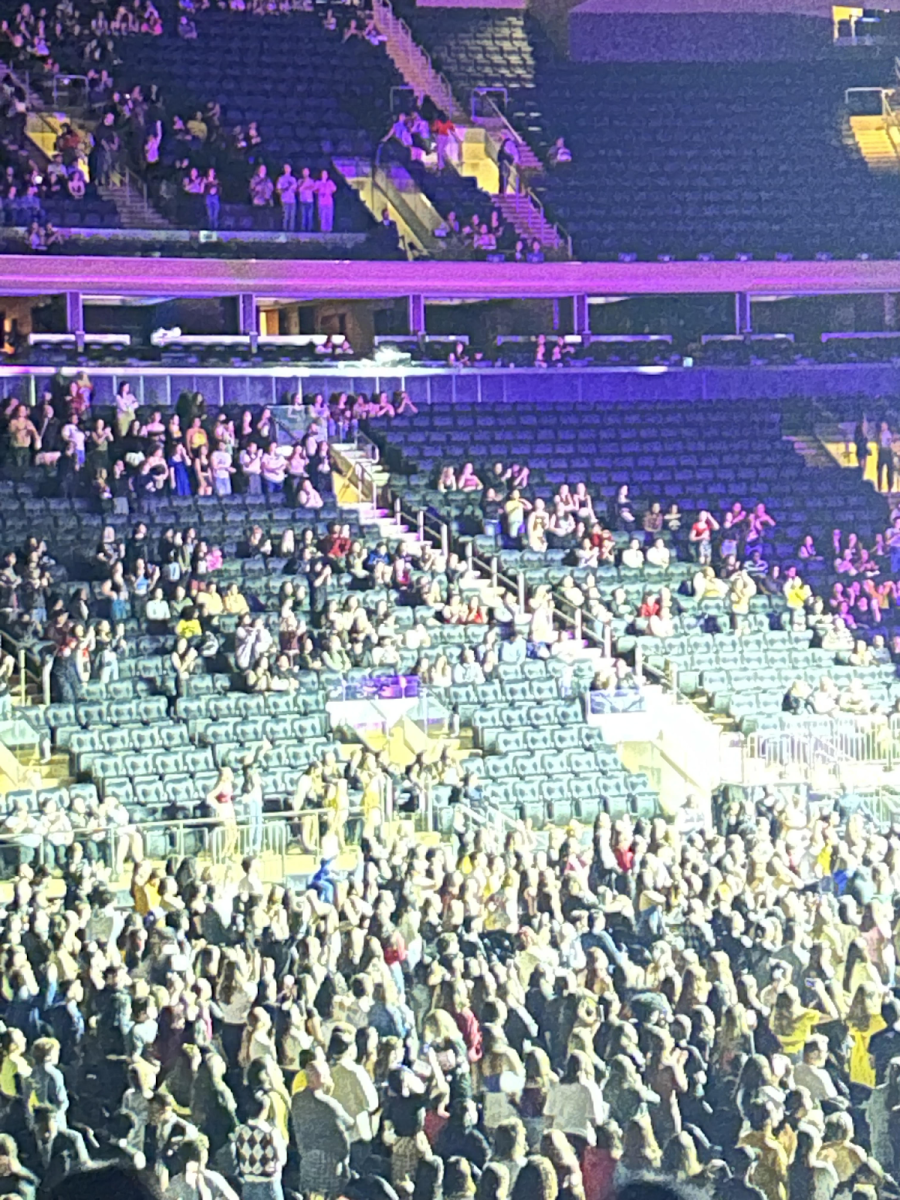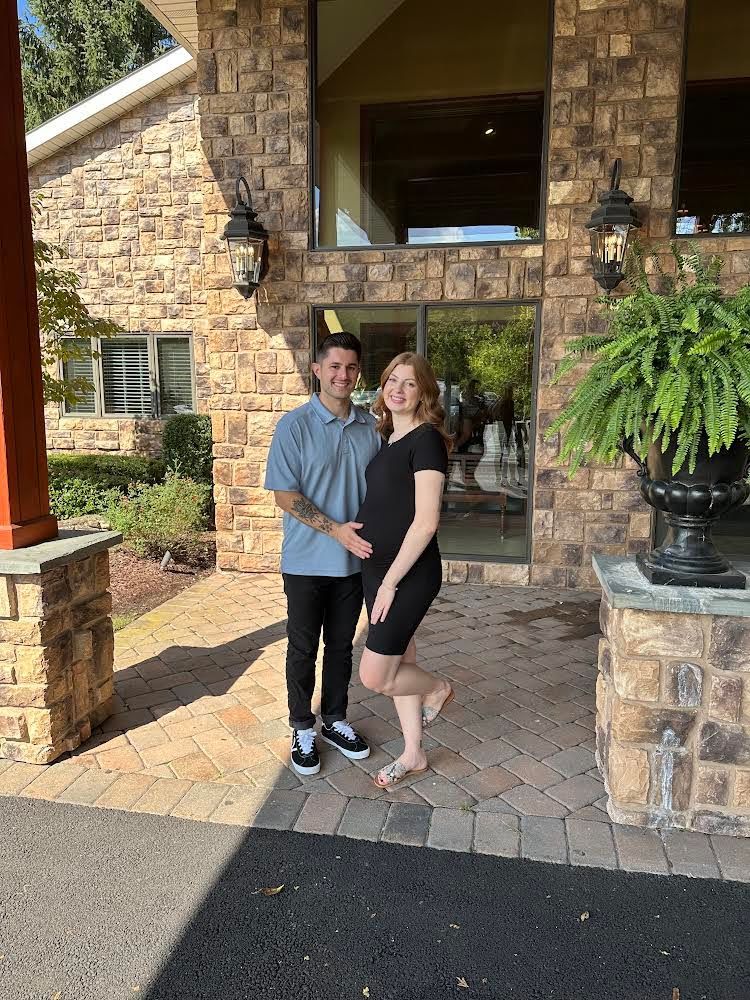“We are living through unprecedented times.” You’ve heard it before and you’ll hear it again. But how are these circumstances affecting us and our mental health in the long run? Online schooling and isolation have already caused many changes in our community, both positive and negative. In these times, steps must be taken in order to protect the physical, social and emotional well-being of our students and faculty.
Our school community had been focused on social and emotional learning (SEL) long before a global pandemic ensued. This program’s objective is to integrate alternative forms of education into our curriculum. This comes in the form of sports, theater, music and many more extracurriculars that enrich student life. Multiple faculty members work to implement this concept into the high school, middle, and elementary levels. As 2020 brought chaos and uncertainty, our school community enhanced the program, in order to meet the new needs of students and faculty.
Ms. Cunningham, the student assistance coordinator at JCHS, shared the model the school used in order to facilitate SEL as the school reopened this fall. “Reunite, Renew and Thrive: SEL Roadmap for Reopening School,” a program developed by CASEL (Collaborative for Academic, Social, and Emotional Learning), aided many school administrations in the reopening process. This program directs schools on how to reopen while creating “safe, supportive, and promote all students’ social and emotional development” (CASEL).

Teacher and faculty well-being is equally a concern. When adults in the school community are feeling good, they can more effectively connect with and support students, according to Ms. Cunningham. In the hour before remote schooling began for students, teachers and faculty were invited to attend wellness workshops. They learned how to cope with excess stress and zoom-fatigue. Healthy coping mechanisms are crucial when dealing with anxiety, depression or other feelings of distress. Taking care of your mind and body is especially important when you are busy with schoolwork or teaching. My personal coping strategy is to have a productive and fulfilling daily schedule, filled with self-care. I find that productivity and motivation for schoolwork is fueled by how well I take care of myself. I try to start my day with meditation, movement, hydration, vitamins and a healthy meal. I try to drink lots of water, read, do yoga, listen to podcasts, spend time in nature and eat enriching plant-based foods during my day. At night, I journal to reflect on my day and what I am grateful for and treat myself to stretching, tea and maybe some chocolate!

There are days where I only accomplish a few of these goals; some days I don’t get to any! But that is totally okay, self-care is not supposed to stress you out further. Self-care is simply setting an intention to nurture your mind and body each day.
Implementing these activities into your daily schedule will allow you to take on the changing world without spiraling out of control. Showing up for yourself gives you the space to remain balanced and calm in stressful situations.
Students, teachers and faculty: try to do something for yourself today! Not only will it help your wellbeing, but it will also benefit the people around you.
I use the app “Headspace” for my mediations.
A few self-care ideas:

I was curious to find out how JCHS students are feeling during these times. I decided to interview a student to get at least one perspective. These questions were answered eloquently by JCHS’s own junior, Olivia Macaluso.
What is the state of your mental health?
Olivia: As a teenager my mental health is constantly fluctuating. I work hard in order to allow myself to be the best version of myself, but I still often feel upset, confused, and worried. Heavy work loads on top of SAT prep, sports, and other extracurriculars make it easy for me to feel overwhelmed and spiral into feelings of sadness.
How have you coped with the pandemic and remote learning?
Olivia: I have coped with the pandemic by spending a lot of time working on myself and my mental health. It has allowed me to have time alone to reflect and create important habits like meditation and self care. Remote learning has not been as beneficial for me. I have coped by trying to continue my routines, but ultimately not working as hard as I would be under different circumstances. I often find myself distracted and having trouble focusing on zooms. Without having a set school routine I am more prone to procrastination and not completing my work with as much enthusiasm as I may have in
the past.
How do you feel about the lack of social interaction?
Olivia: I would consider myself an introvert so only seeing a few people has not been all
that bad. I do worry, however, that not being challenged in my social interactions
has allowed me to fall into a comfortable routine that is somewhat cut off from the
outside world.
Do you think you will be affected negatively in the long run because of these circumstances?
Olivia: I do think there is a chance some of the negative effects of this pandemic will
follow me for years to come. I worry that not being challenged socially in formative teenage years may make it harder for me to be in new groups as I get older. I also worry I am not learning as well as I could have been in an in-person school environment. I could see this potentially affecting my work ethic and making college more difficult because I will not be as equipped with prior knowledge as I could have been.

